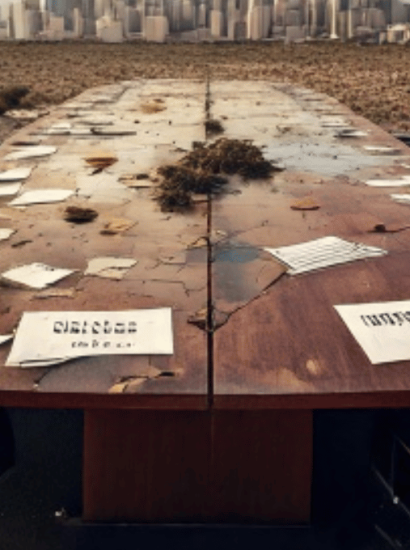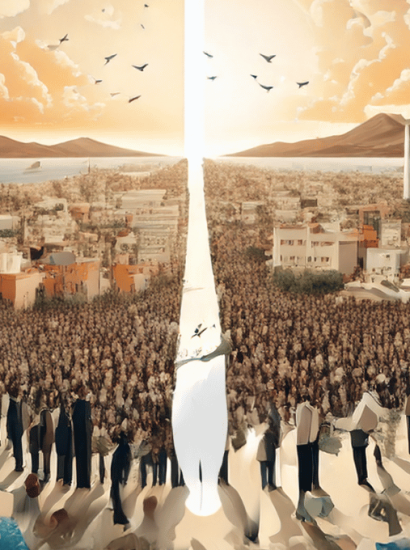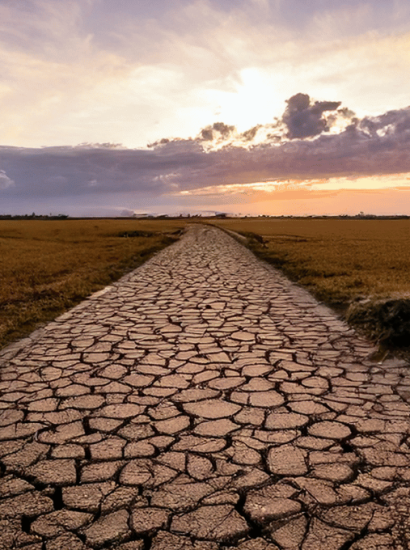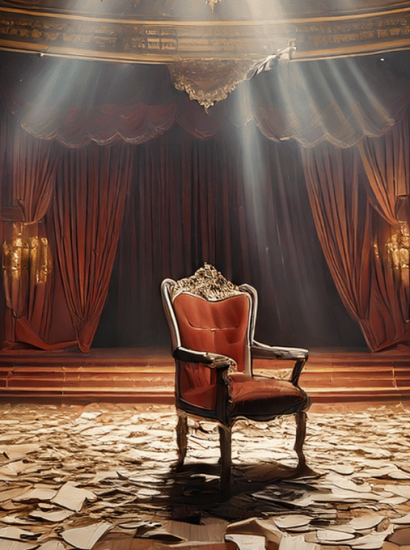This post is also available in: ΕΛΛΗΝΙΚΑ (GREEK) TÜRKÇE (TURKISH)
I read a compelling excerpt from the book “I Return Each July” by Greek Cypriot author Giorgos Moleskis, in which he described his experience of returning to his home in the village of Lysi after the opening of the checkpoints in 2003.
“…I entered as if I were entering a stranger’s house. It was almost empty, with no furniture or anything else. The marble floor was peeling and in some places completely torn up, the plaster coating on the walls full of cracks. Downstairs on the ground floor, in the sunny room, there were two old beds and two half-broken chairs with some rags hanging on them. The room on the left, which we used to use as our formal living room, with the sideboard decorated with old plates and glassware, the display cabinet with silverware, the table with the embroidered tablecloth and photographs hanging on the walls in wooden frames, was closed and its door nailed shut with planks, so that no one could enter. Perhaps one of the previous occupants had stored some personal belongings there, or even the furniture from the old house, but we couldn’t know, nor could we ask—we had no common language of communication and gestures weren’t sufficient for such conversations. The other room on the right, with the arch in the middle and the large iron hook high in its centre, from which we used to hang our Easter swings as children, was now half its size, as they had built another small, low room on one side, perhaps a bathroom or toilet.
“It seemed to me that the whole house had somehow shrunk, the walls had closed in, the ceilings had lowered, even the old wooden staircase that led to the upper floor of the house, where my study and bedroom were, seemed narrow and uncomfortable. That room too seemed small and cramped. And the whole house was dark, without that abundant light that filled it every time I thought of it. All the windows were closed, as was the large arched door that faced south and led from the sunny room to the inner courtyard. Not only light entered from there, but the sun itself, filling the room. But there was something else—it was the shadow of time and alienation, falling heavily between me and the house, the continuity had been broken…”
I found the final paragraph overwhelming. The concluding observation was devastating: “The shadow of time and alienation, falling heavily between me and the house, the continuity had been broken…”
It reminded me of something Toula Liasi, daughter of “patriarch of the enclaved” Savvas Liasis, had told me in an earlier conversation published in Phileleftheros. “From what I know of you,” I said, “I would say you’re an emotional person, but at the same time you’ve created a safe distance…”
“It’s not a safe distance. It’s distance. Pure and simple. Created by time. By experiences. And by knowledge. And this distance helps you see situations more realistically. It’s not a protective wall I’ve built. It’s time and what it brought and contained in the interim. That’s why I call time consistent. It’s the only thing that’s consistent in its course!”
The occasion for that conversation was the highly detailed diary she kept daily during the first year of the invasion, whilst trapped with her family in Agia Triada, Yialousa—before leaving in 1975 for studies. She was permitted to return again in 1995 and has visited frequently since. She continued to do so whilst her parents were alive and now, after her father’s death in 2019, when she alone remains, along with the house and her memories.
“Now they’ve remained in my village longer than I did,” she told me at one point, speaking of the settlers who came to their land in subsequent years. “It’s a harsh reality. Because you realise they’ve put down roots. That they’ll never leave, that my neighbour won’t be able to return to her home, that the situation won’t become what it was before…”
Can the place become the same again, Toula, I asked her.
“Neither am I the same, nor is the place the same. As I moved forward, so did the place. A place isn’t a geographical area—it’s the people, the experiences, the lived realities…”
“Meanwhile, time flows, years pass. Some people leave this life,” you say at one point in the “diary”. What is your fear and what is your hope?
“My hope is that the Cyprus problem will be solved.”
Does this hope still exist?
“It exists, of course it exists. I’ve inherited my father’s optimism. I don’t know realistically what probability there is, but the hope is there.”
And your fear?
“That I’ll lose my house. Look, between us, my fear is that after 50 years, when I no longer exist and my children are also elderly and no longer come to the village, my house will be lost. And with it, my village. My house exists because my parents remained in their homeland, it exists now because I exist…”
And why do you want this to remain between us?
“I don’t know if that interests anyone.”
This article was published as an editorial in Down Town magazine, which circulates with the Phileleftheros newspaper, in August 2021.
Source: THE SHADOW OF TIME






